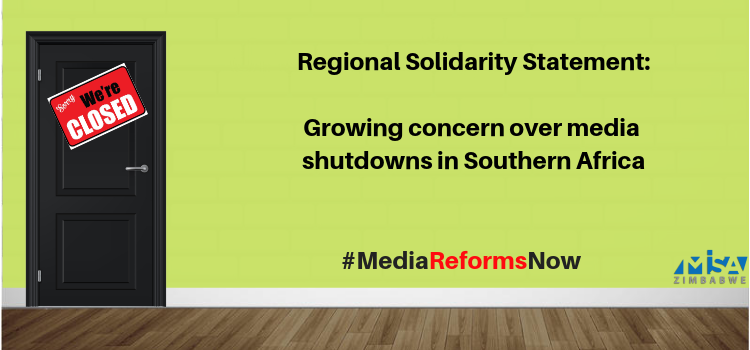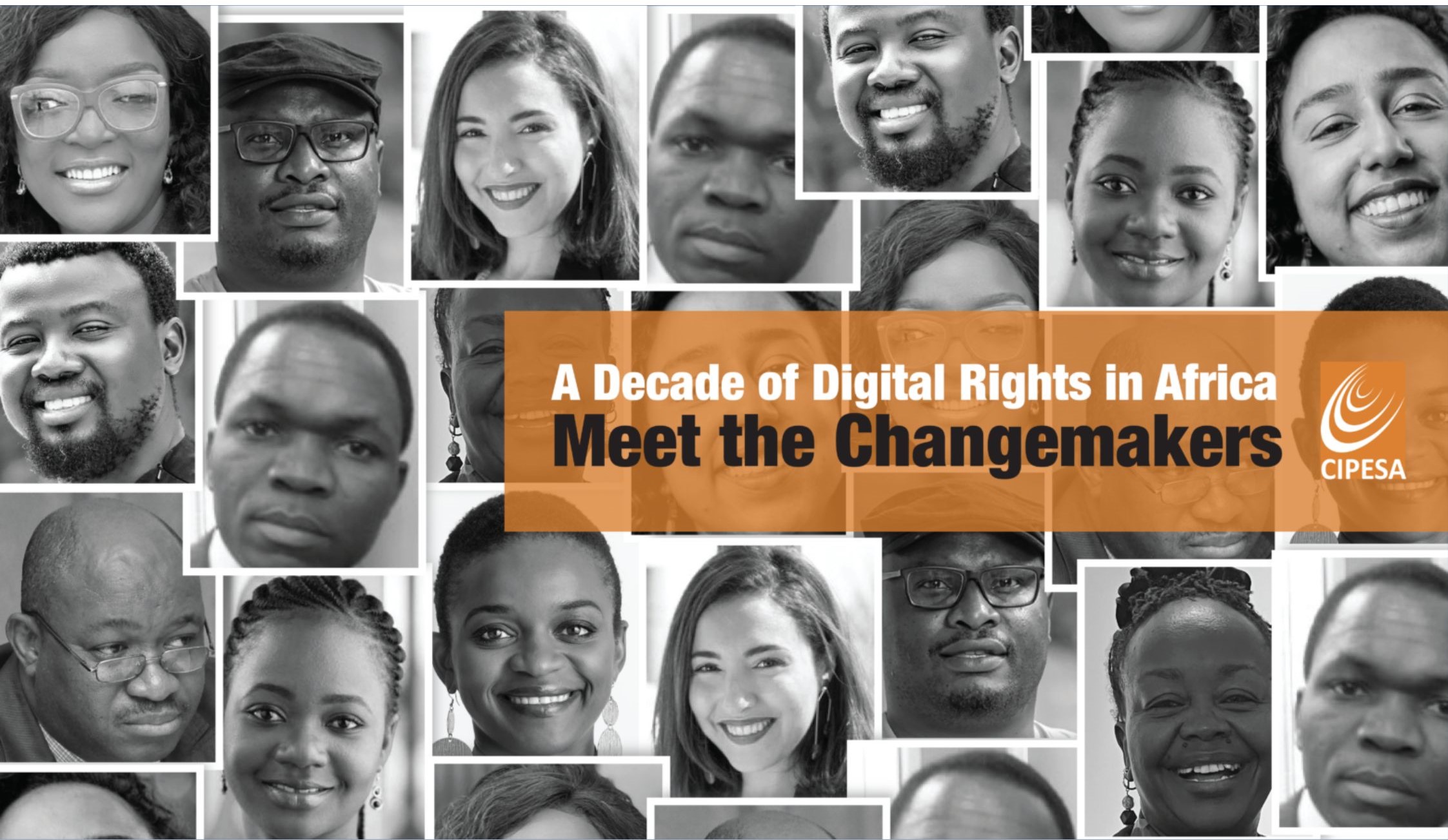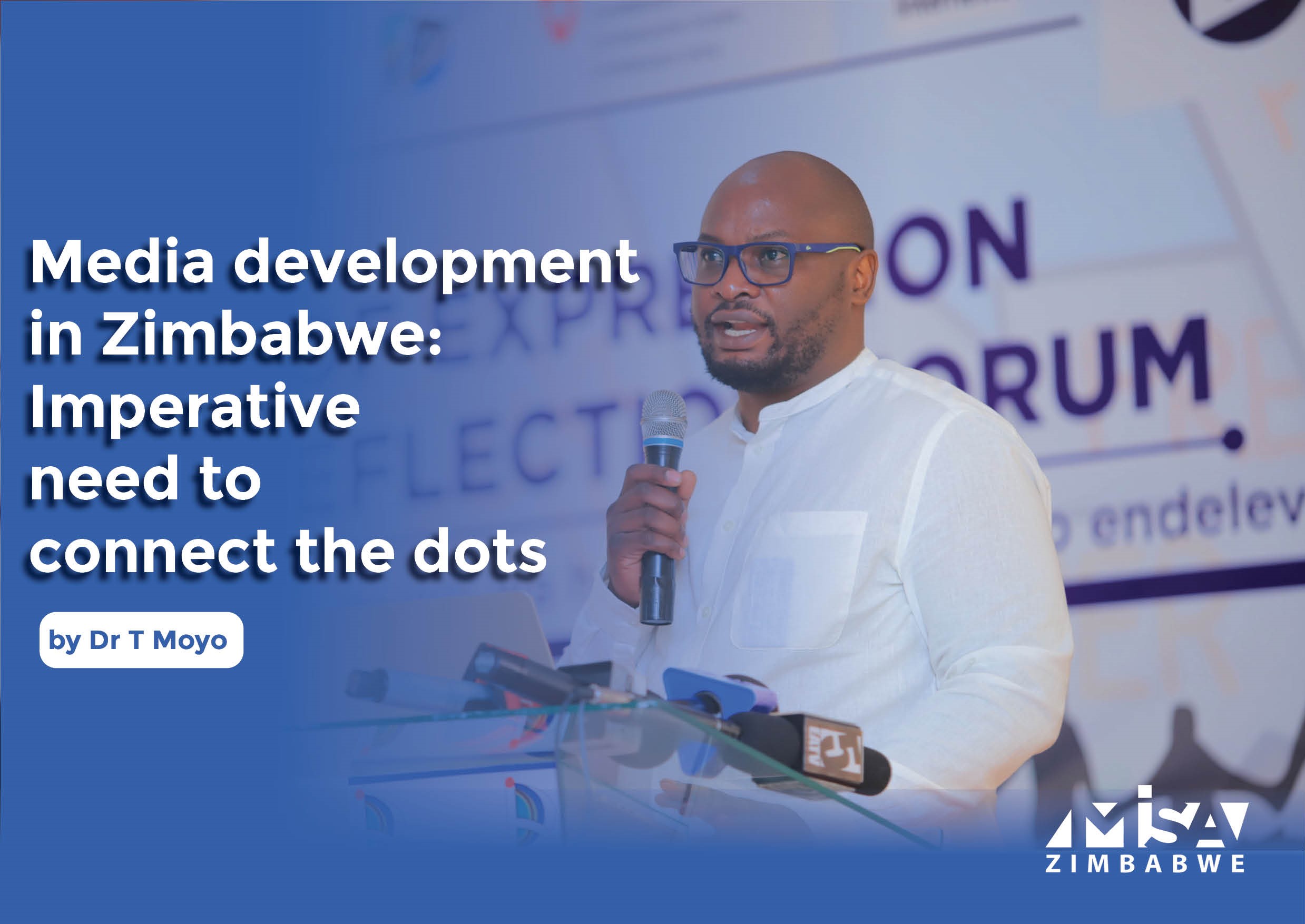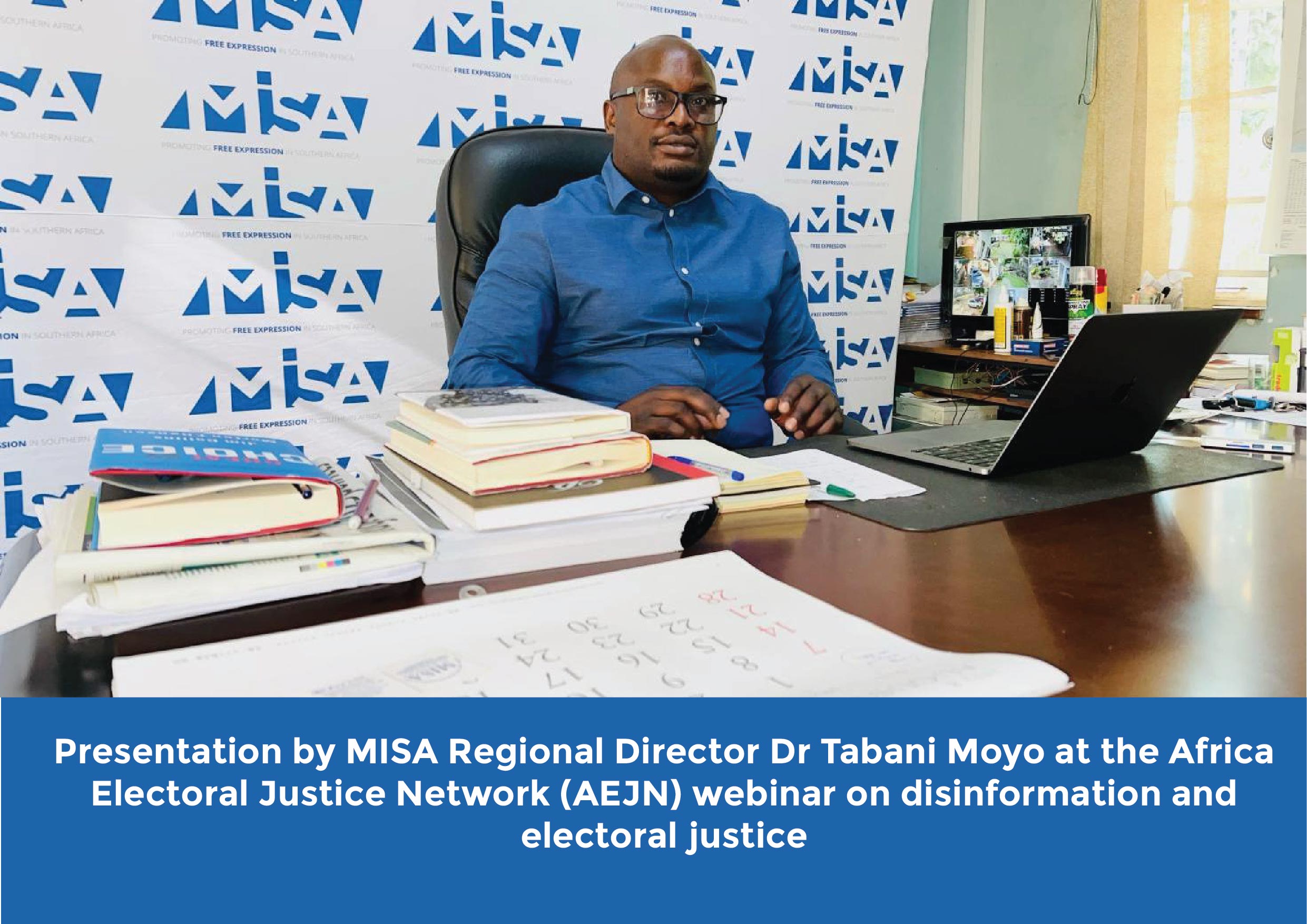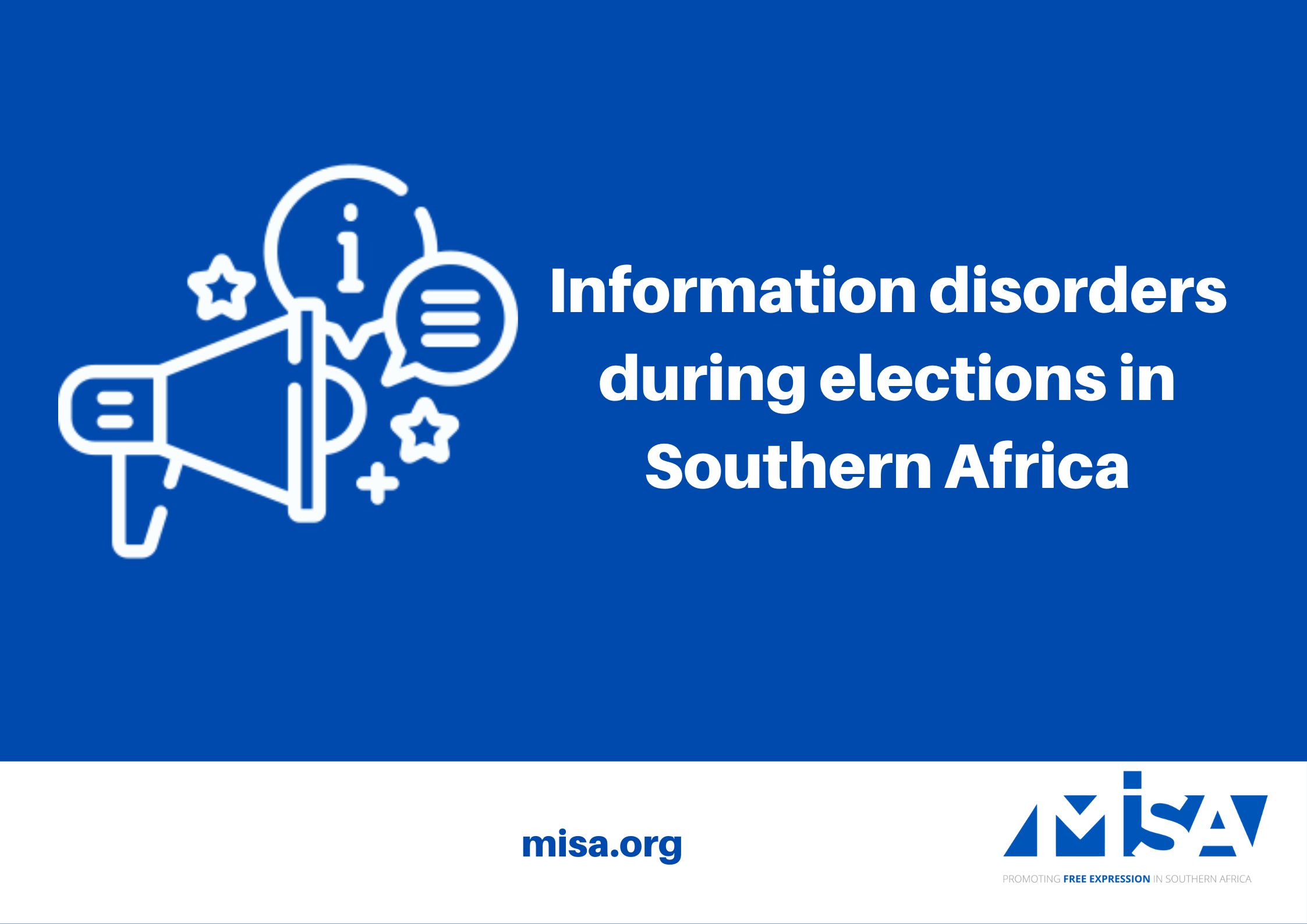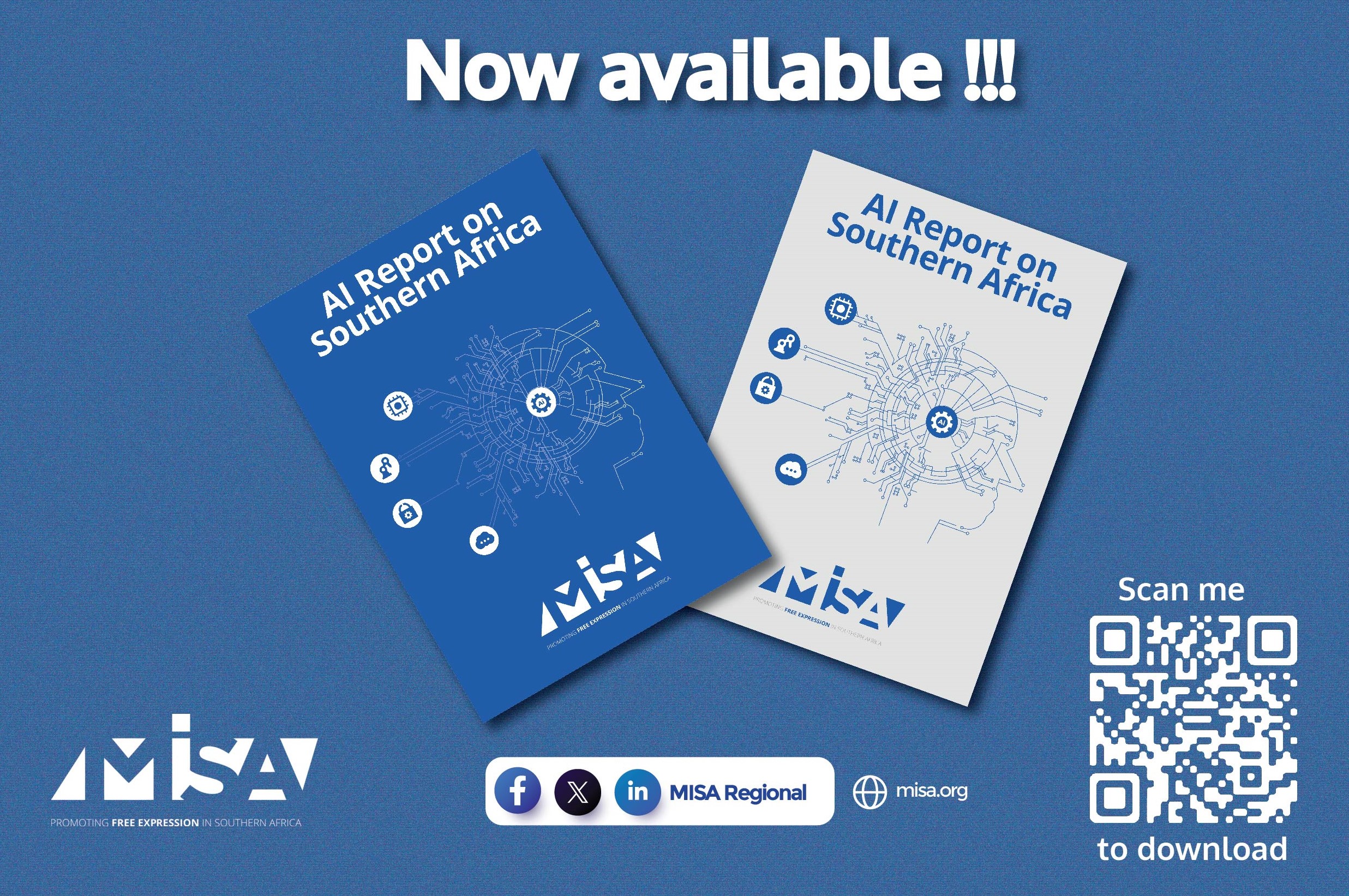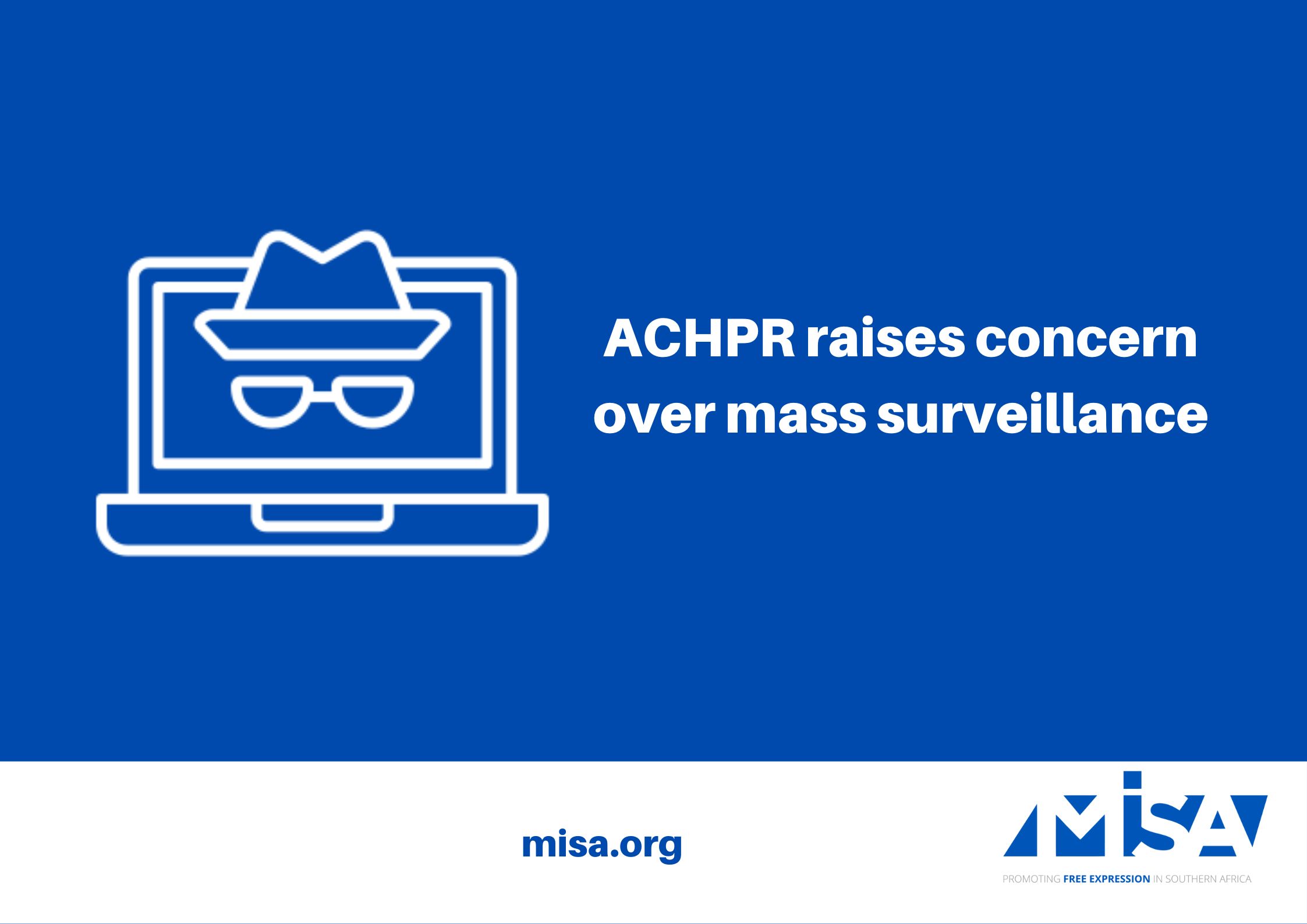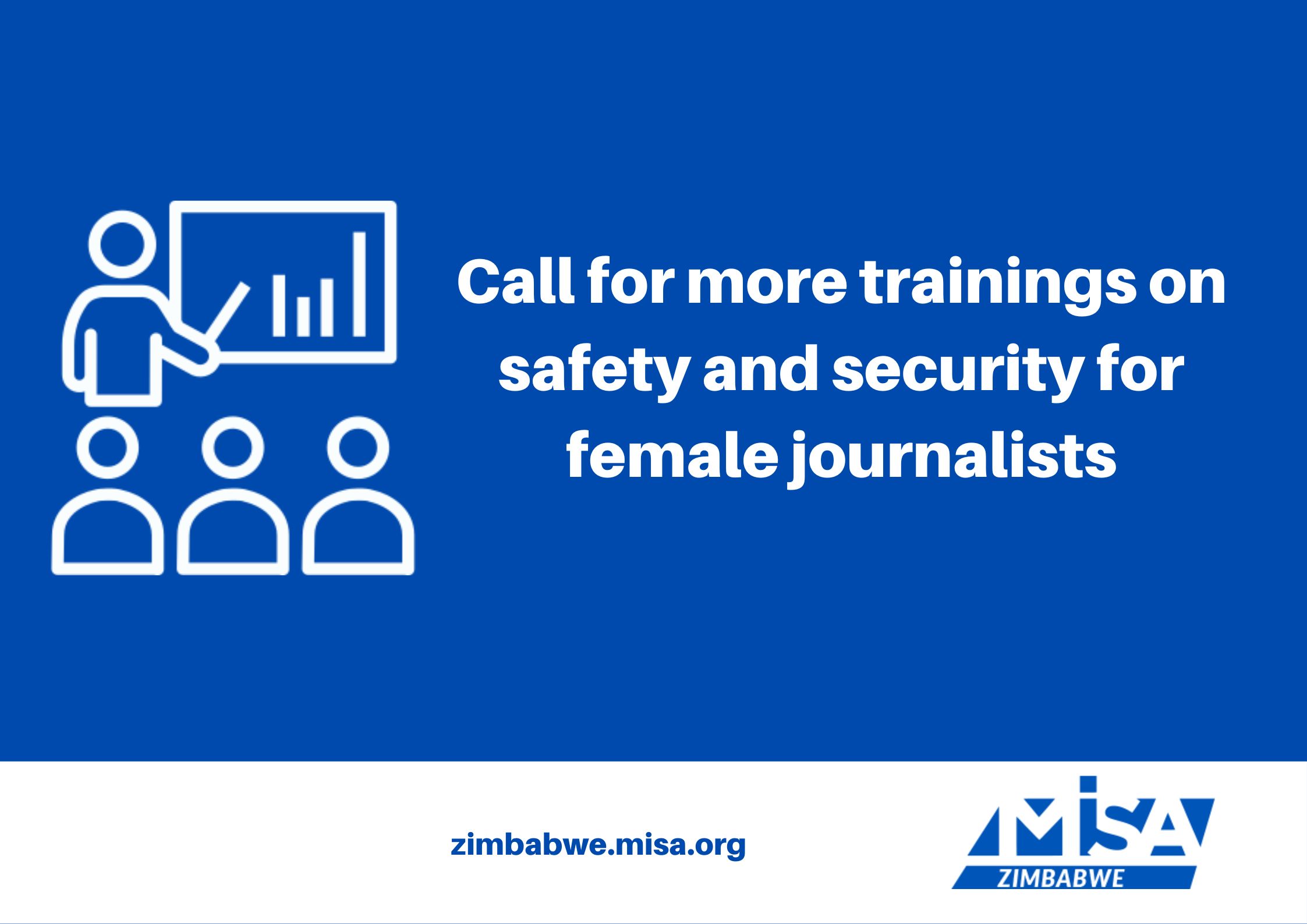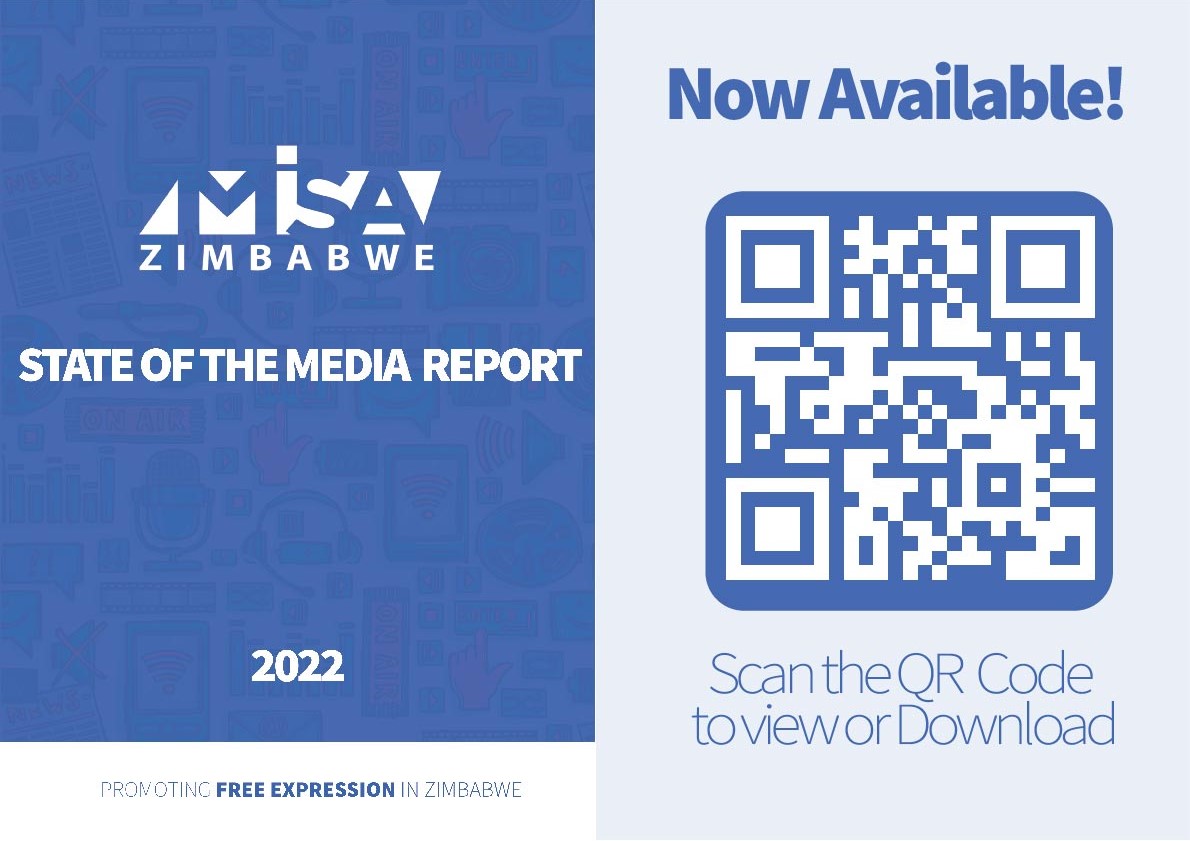It has been a challenging week for media freedom in Southern Africa.
On 27 February 2019, Tanzanian authorities imposed a seven-day ban on The Citizen an independent newspaper publication. The ban extends to the publication’s online platforms as well.
Tanzanian authorities allege The Citizen has, on at least two occasions, published information that is seditious, false, and misleading. This comes after the publication wrote about Tanzania’s deteriorating democracy and the state of the country’s economy in an article published in February 2019.
Meanwhile, in Zambia, the Independent Broadcasting Authority (IBA), imposed a 30-day ban on privately owned broadcaster Prime Television. IBA announced this ban during a press briefing held on 4 March 2019. This ban is the latest in a series of attacks instigated by Zambia’s ruling Patriotic Front (PF) and affiliates against the Lusaka-based television station.
According to the IBA, Prime Television is charged with “unbalanced coverage and opinionated news material, likely to incite violence and use of derogatory language.” During the same news briefing, the IBA also announced a 60-day suspension of Valley FM’s broadcasting licence.
In Mozambique, Amade Abubacar, has spent 59 days in pre-trial detention for his journalism. There is still no word on when he will be tried for his alleged crimes.
MISA Zimbabwe position
The banning of media outlets in Tanzania and Zambia is indeed very alarming as it casts a sad precedent in the region. More so, when governments use anti-free expression laws and government bodies such as the IBA to impose bans and restrictions on media outlets deemed critical of the government.
MISA Zimbabwe calls upon the Southern African Development Community (SADC) and the African Union (AU) to address these cases pertaining to the upsurge of media censorship in southern Africa. We say this mindful of the fact that countries such as Malawi and Mozambique are scheduled to hold elections this year and that free expression is a key component to free, fair and credible elections.
In that regard, our solidarity and support for the private media that is under increasing attack in Tanzania and Zambia remain unshaken in defence of media freedom and freedom of expression.
MISA Zimbabwe, therefore, reiterates its calls for the immediate release, if not, the speedy trial of Amade Abubacar.
MISA Zimbabwe Regional Solidarity Statement




